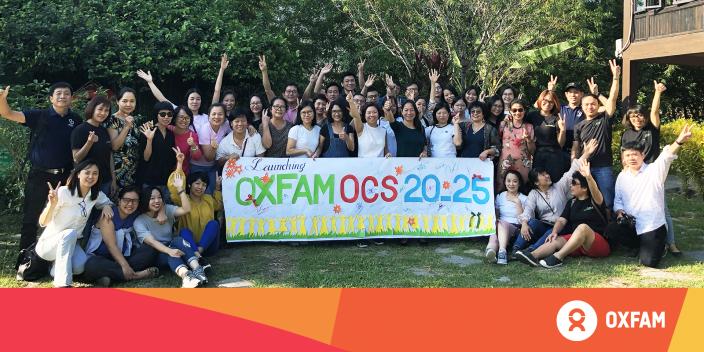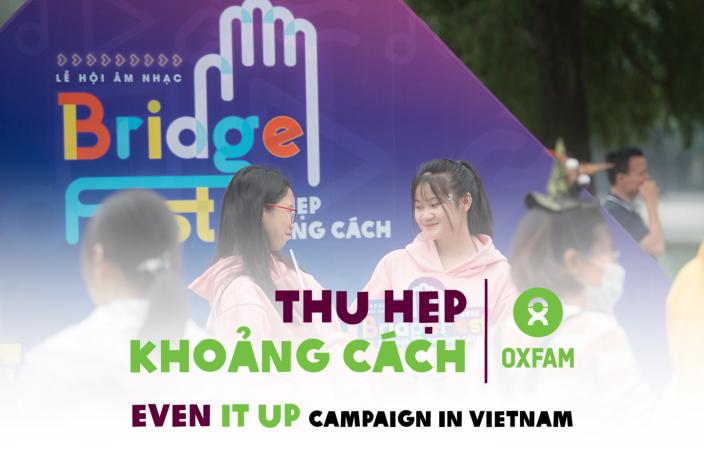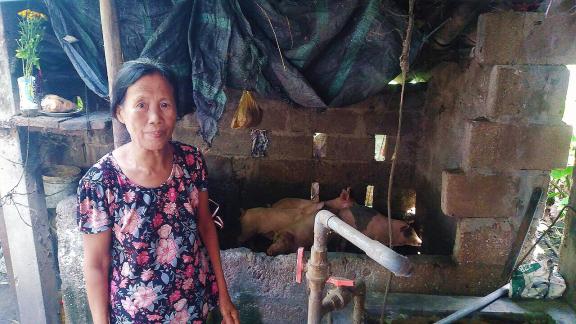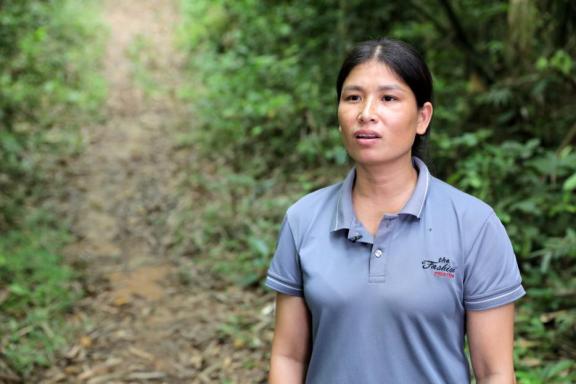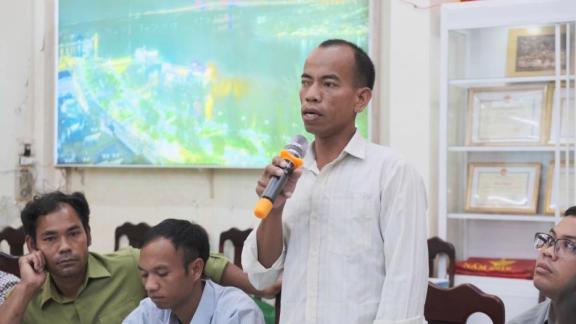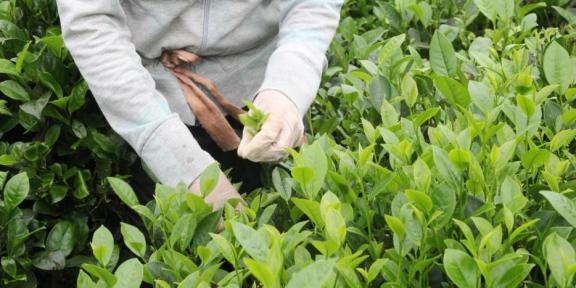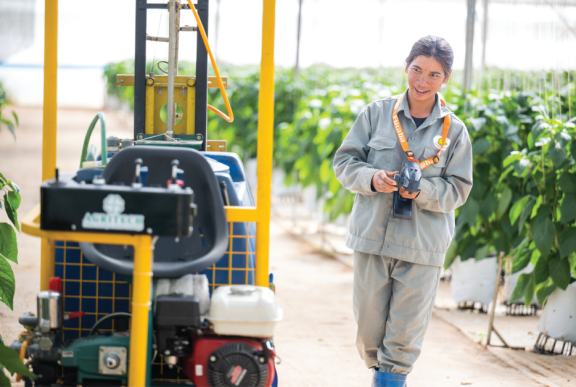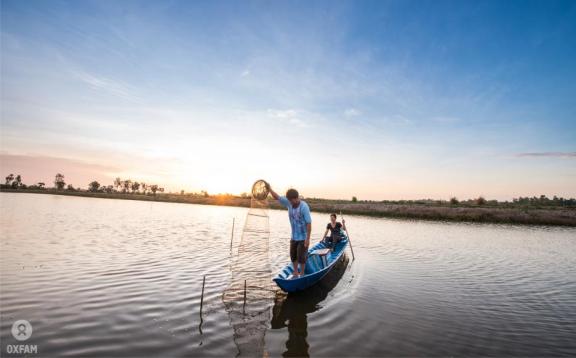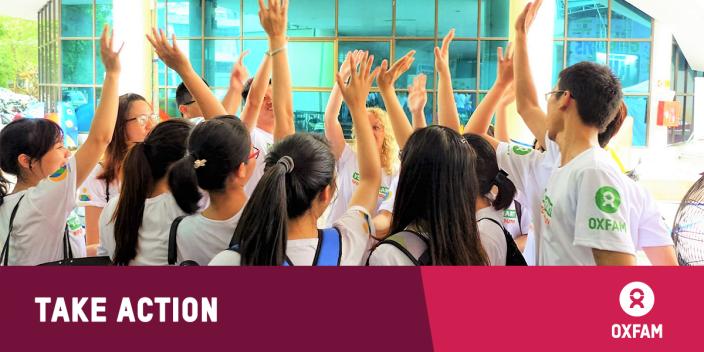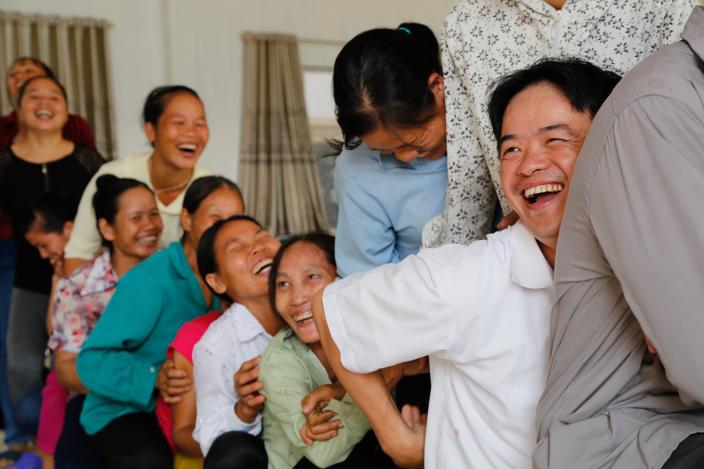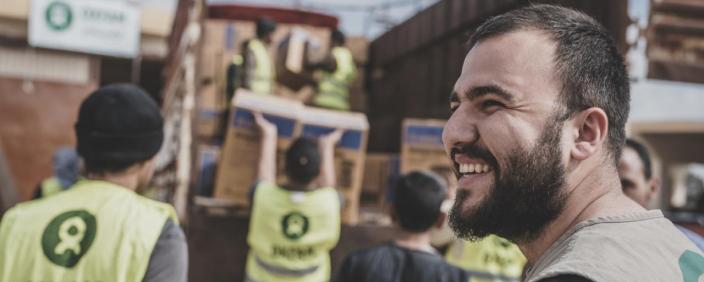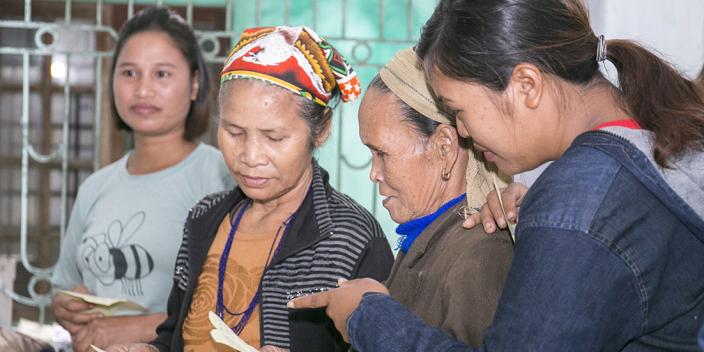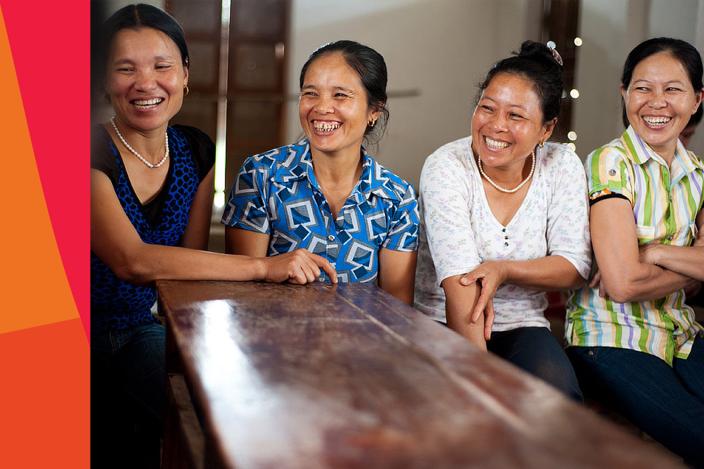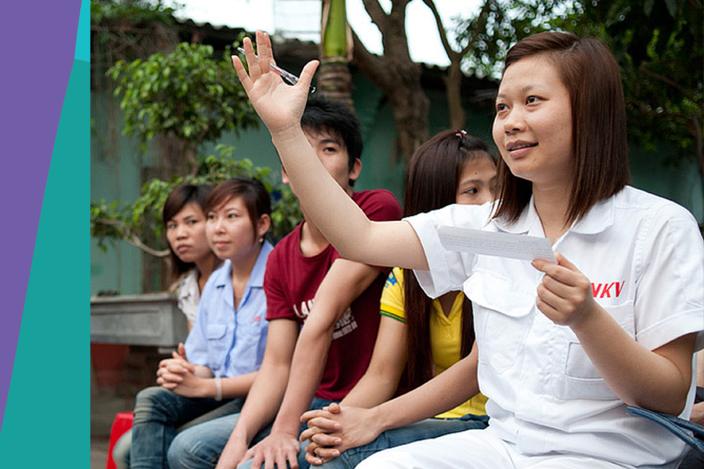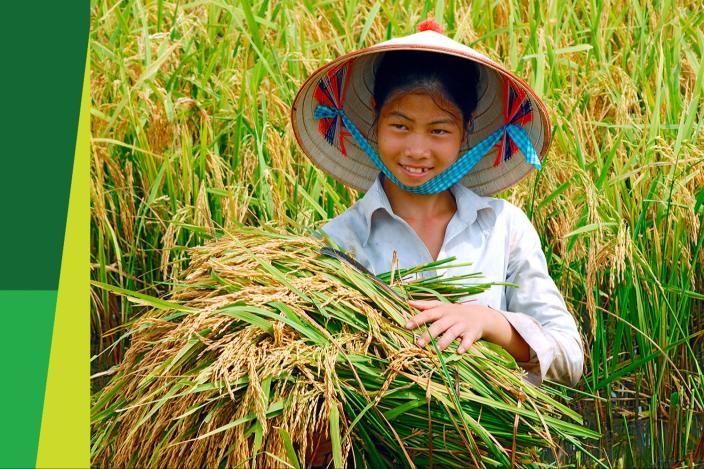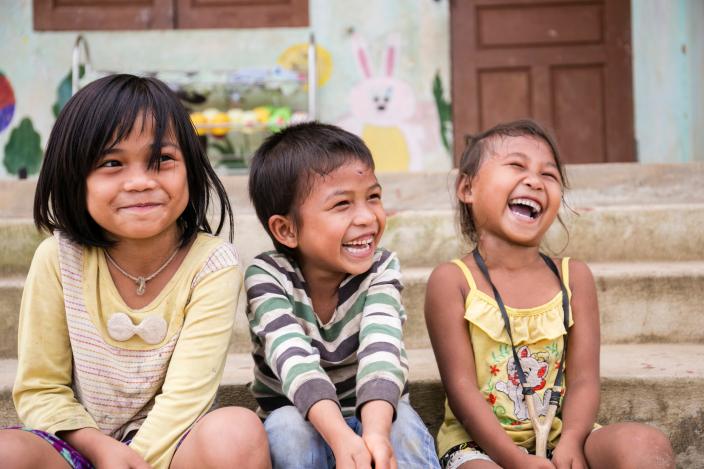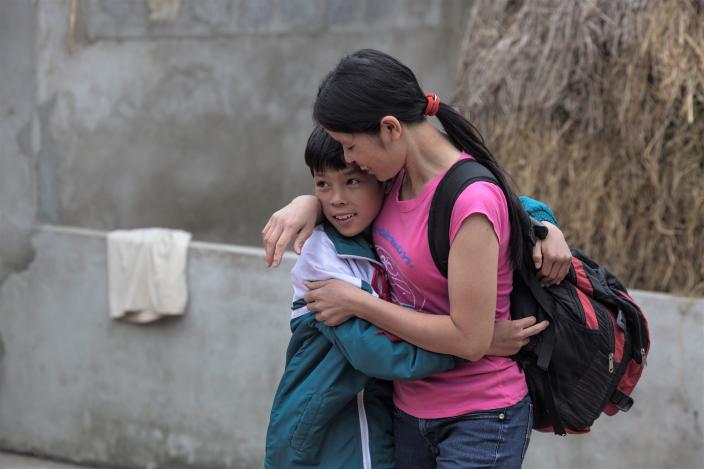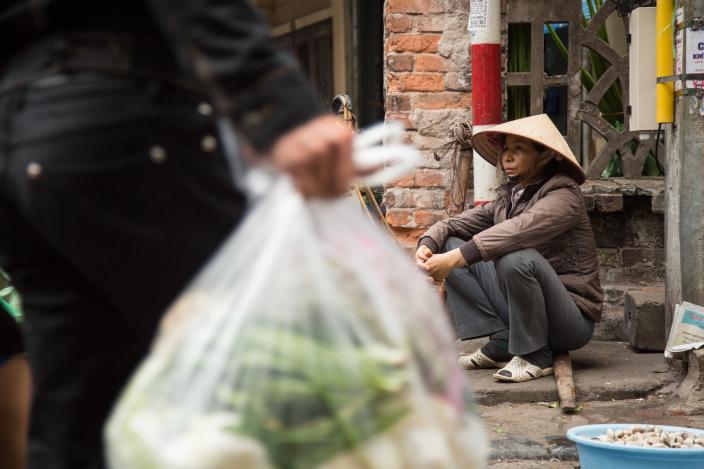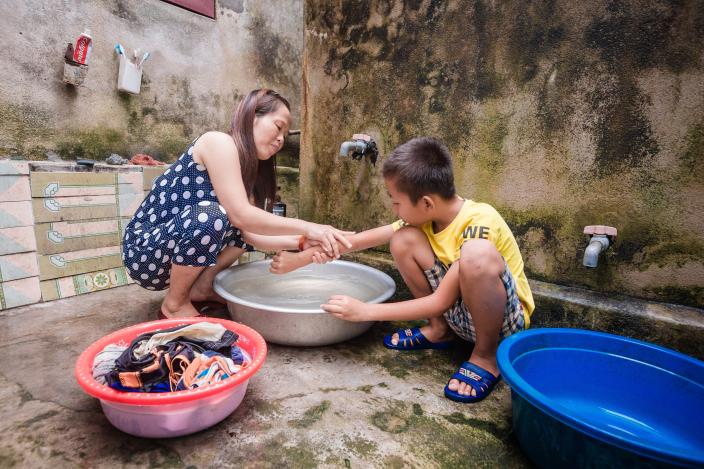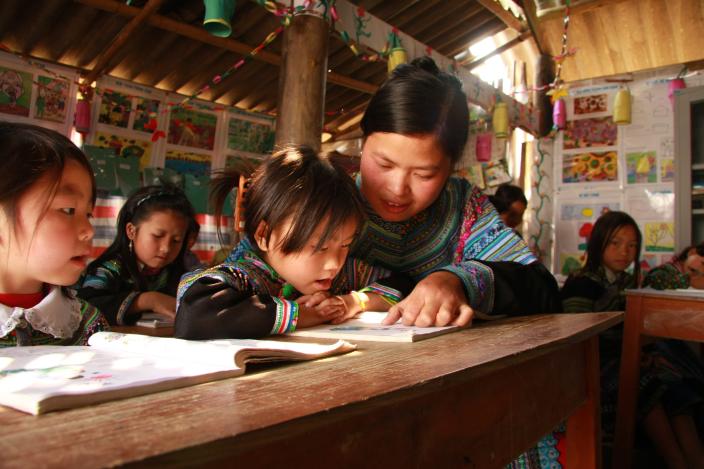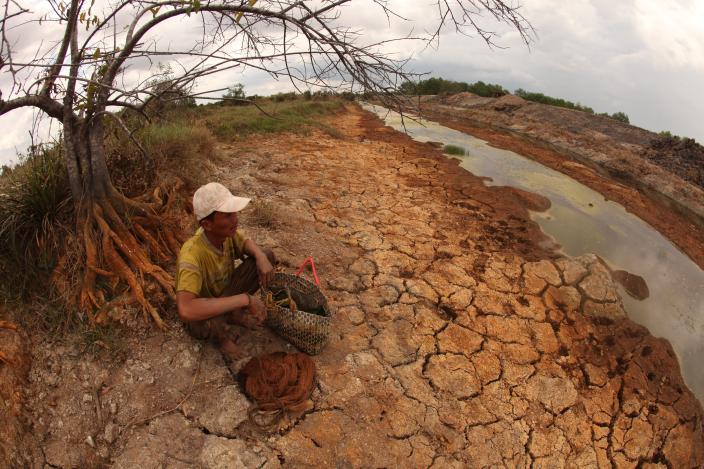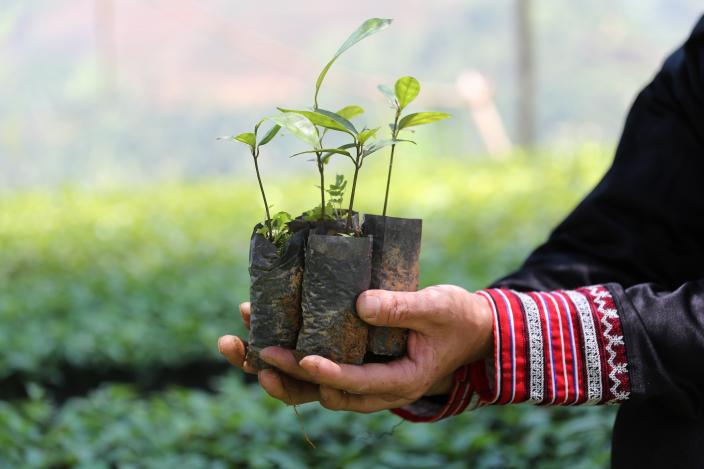Globally, the way we run our economies needs to change. The over-reliance on GDP growth has paved way to rigged policies that benefit the richest individuals and corporations, instead of measures that ensure sustainable development and the people’s welfare. This economy model is exacerbating inequality, perpetuating poverty and trapping many millions in poorly paid and precarious work.
In Vietnam, the last twenty years have seen significant economic progress for ordinary citizens, especially with a strong record of poverty reduction. However, the current economy model is struggling to ensure that everyone benefits equally from the development process. Inequality persists on several important dimensions such as voice, access to education and healthcare. Marginalised people are often women, poor people, ethnic minority groups, or people living in remote areas.
The COVID-19 pandemic has exposed, fed off and increased existing inequalities in almost every country at once, and Vietnam is no exception. Despite being one of the most successful countries in containing the pandemic, Vietnam risks falling into the 20 countries with the fastest-growing poverty rates due to its impacts. The pandemic has also revealed the alarming number of informal workers unprotected by social security, and the huge burden of unpaid care work undertaken by women in the country.
Inequality Matters spells out dimensions of inequality that laden the people’s lives when the economy focuses on GDP growth. Discussions by experts from Harvard University, the Mekong Development Research Institute (MDRI), and the Vietnam Academy of Social Sciences pose the question of whether Vietnam’s development achievements can compensate for the harm that the environment and society suffer.
Oxfam urges governments and policymakers to work together towards building a “Human Economy” that is people-centred instead of a “for-profit economy” that is disrupting social cohesion in many countries. A Human Economy, built for the many - not the few, can bring an end to inequality and eradicate poverty for good. A Human Economy is to save the environment for the next generations.
Max Lawson - Head of Inequality Policy, Oxfam International
